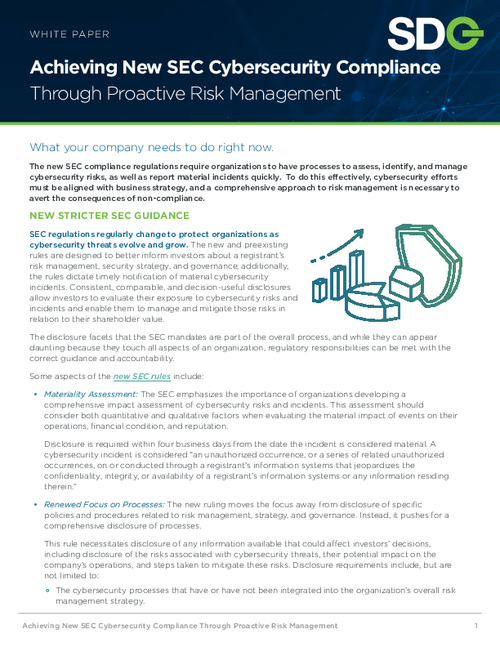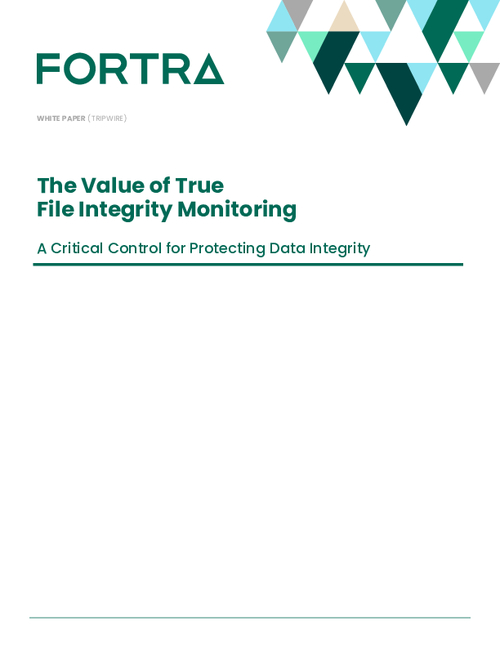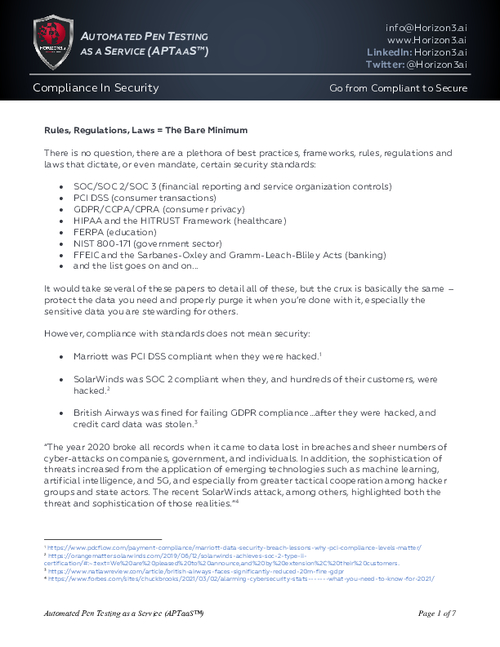Colonial Bank, 4 Others Closed by Regulators
Alabama-Based Institution is 2009's Largest Failure: $25B
Also closed: Dwelling House Savings and Loan Association, Pittsburgh, Pennsylvania; Community Bank of Arizona, Phoenix, Arizona; Union Bank, National Association, Gilbert, Arizona; Community Bank of Nevada, Las Vegas, Nevada.
With these five closings, a total of 86 institutions - 77 banks and nine credit unions - have failed so far in 2009. That tally more than doubles the 40 failures of 2008.
Colonial Bank Acquired by BB&T
Colonial Bank, based in Montgomery, Alabama, was closed by the Alabama State Banking Department, which appointed the Federal Deposit Insurance Corporation (FDIC) as receiver. To protect the depositors, the FDIC then entered into a purchase and assumption agreement with Branch Banking and Trust (BB&T), Winston-Salem, North Carolina, to assume all of Colonial's deposits.
Colonial Bank's 346 branches in Alabama, Florida, Georgia, Nevada and Texas were to reopen under normal business hours beginning Saturday, Aug. 15, and operate as branches of BB&T.
As of June 30, 2009, Colonial Bank had total assets of $25 billion and total deposits of approximately $20 billion. BB&T will purchase approximately $22 billion in assets of Colonial Bank. The FDIC will retain the remaining assets for later disposition.
The FDIC and BB&T entered into a loss-share transaction on approximately $15 billion of Colonial Bank's assets. BB&T will share in the losses on the asset pools covered under the loss-share agreement. The loss-sharing arrangement is projected to maximize returns on the assets covered by keeping them in the private sector. The agreement is also expected to minimize the disruptions for loan customers.
The FDIC estimates that the cost to the Deposit Insurance Fund (DIF) will be $2.8 billion. The last FDIC-insured institution to be closed in the state was Birmingham FSB, Birmingham, on August 21, 1992.
The acquisition is the largest in BB&T's 137-year history. BB&T is now the country's 8th largest financial holding company by deposits. It means BB&T is now #4 market in share in Alabama and #5 in Florida -- both key southeast markets.
More than 425 BB&T employees are working with Colonial employees during the transition. All of Colonial's 354 banking offices in Alabama, Florida, Georgia, Texas and Nevada are now branches of BB&T. On Monday, the bank issued an $750 million common stock offering. Proceeds from the sale of the offering will qualify as tangible common equity and Tier 1 regulatory capital. The bank says it intends to use the funds for general corporate purposes.
"I believe the Colonial/BB&T deal is a very good transaction for both the FDIC and BB&T," says William Isaac, former Chairman of the FDIC from 1981 to 1985 -- the most tumultuous period in U.S. banking since the Great Depression. "This will strengthen BB&T with minimal risk compared to unassisted transactions. The FDIC was able to resolve a big problem at modest cost compared to other recent deals."
Even with the economy turning around, Isaac, now Chairman of LECG Global Financial Services, foresees additional bank failures through the remainder of 2009.
"Bank failures and problem banks are lagging indicators, so I expect both continue to increase even if the economy has moved into recovery mode," he says. "That said, I do not envision a scenario where bank failures reach anywhere near the levels they were in the 1980s and early 1990s, when 3,000 banks and thrifts failed -- including nine of the ten largest banks in Texas."
PNC Bank Acquires Dwelling House Savings and Loan Association
Dwelling House Savings and Loan Association was closed by the Office of Thrift Supervision, which appointed the FDIC as receiver. The FDIC entered into a purchase and assumption agreement with PNC Bank, National Association, Pittsburgh, Pennsylvania, to assume all of the deposits.
The sole branch of Dwelling House Savings and Loan Association will reopen on Monday as a branch of PNC Bank, National Association.
As of March 31, 2009, Dwelling House Savings and Loan Association had total assets of $13.4 million and total deposits of approximately $13.8 million. In addition to assuming all of the deposits of the failed bank, PNC Bank, National Association agreed to purchase approximately $3 million of the failed bank's assets. The FDIC will retain the remaining assets for later disposition.
The FDIC estimates that the cost to the Deposit Insurance Fund (DIF) will be $6.8 million. The last FDIC-insured institution to be closed in the state was Metropolitan Savings Bank, Pittsburgh, on February 2, 2007.
MidFirst Bank Acquires Community Bank, Union Bank in Arizona
Community Bank of Arizona, Phoenix, Arizona, was closed by the Arizona Department of Financial Institutions, which appointed the FDIC as receiver. The FDIC entered into a purchase and assumption agreement with MidFirst Bank, Oklahoma City, Oklahoma, to assume all of the deposits.
The four branches of Community Bank of Arizona will reopen on Monday as branches of MidFirst Bank. Depositors of Community Bank of Arizona will automatically become depositors of MidFirst Bank.
As of June 30, 2009, Community Bank of Arizona had total assets of $158.5 million and total deposits of approximately $143.8 million. In addition to assuming all of the deposits of the failed bank, MidFirst Bank agreed to purchase approximately $125.5 million of assets. The FDIC will retain the remaining assets for later disposition.
The FDIC estimates that the cost to the Deposit Insurance Fund (DIF) will be $25.5 million.
MidFirst also acquired Union Bank, National Association, Gilbert, Arizona, which was closed by the Office of the Comptroller of the Currency.
The sole office of Union Bank, N.A. will reopen on Monday, August 17, 2009, as a branch of MidFirst Bank.
As of June 12, 2009, Union Bank, N.A. had total assets of $124 million and total deposits of approximately $112 million. In addition to assuming all of the deposits of the failed bank, MidFirst Bank agreed to purchase approximately $11 million of assets. The FDIC will retain the remaining assets for later disposition.
MidFirst Bank will purchase all deposits, except about $88 million in brokered deposits, held by Union Bank, N.A. The FDIC will pay the brokers directly for the amount of their funds. Customers who placed money with brokers should contact them directly for more information about the status of their deposits.
The FDIC estimates that the cost to the Deposit Insurance Fund (DIF) will be $61 million. Prior to these two closings, the last FDIC-insured institution to be closed in the state was NextBank, Phoenix, on February 7, 2002.
FDIC Creates Deposit Insurance National Bank in Wake of Community Bank of Nevada
Community Bank of Nevada, Las Vegas, Nevada, was closed by the State Commissioner, by Order of the Nevada Financial Institutions Division, which then appointed FDIC as receiver. To protect the depositors, the FDIC created the Deposit Insurance National Bank of Las Vegas (DINB), which will remain open for approximately 30 days to allow depositors access to their insured deposits and time to open accounts at other insured institutions. At the time of closing, the receiver immediately transferred to the DINB all insured deposits of Community Bank of Nevada, except for brokered deposits, certificates of deposit (CDs) and individual retirement accounts (IRAs). The receiver also transferred to the DINB all secured public unit deposits.
Nevada State Bank will provide operational management of the DINB under a contract with the FDIC. The main office and all branches of Community Bank of Nevada will open on Monday. Banking activities, such as direct deposit and writing checks, ATM and debit cards, can continue normally for former customers of Community Bank of Nevada during the 30-day transition period. It is also important to note that Community Bank of Nevada official checks will continue to clear and will be issued to customers closing accounts.
All insured depositors of Community Bank of Nevada are encouraged to transfer their insured funds to other banks. They may do so by asking their new bank to electronically transfer their deposits from the DINB or by writing checks for the amount in their accounts.
The FDIC will mail checks at the end of the transition period to the address of record for depositors who have not closed or transferred their accounts during the transition period.
Brokered deposits, CDs and IRAs were not transferred to the DINB. The FDIC will mail checks directly to deposit customers with CDs and IRAs. The FDIC will pay the brokered deposits directly to the brokers for the amount of their insured funds. Customers with brokered deposits should contact their brokers directly for information concerning their money.
Under the FDI Act, the FDIC may create a deposit insurance national bank to ensure that depositors have continued access to their insured funds where no other bank has agreed to assume the insured deposits. The DINB allows for uninterrupted direct deposits and automated payments from customers' accounts for customers with checking and NOW accounts and allows them time to find another institution with which to do business.
As of June 30, 2009, Community Bank of Nevada had total assets of $1.52 billion and total deposits of about $1.38 billion. At the time of closing, there were approximately $4.2 million in insured deposits that potentially exceeded the insurance limits. Uninsured deposits were not transferred to the DINB. This amount is an estimate that is likely to change once the FDIC obtains additional information from these customers.
The cost to the FDIC's Deposit Insurance Fund is estimated to be $781.5 million. The last bank to be closed in the state was Great Basin Bank, Elko, on April 17, 2009.
Statement by Bair
In a statement following the Colonial Bank closure, FDIC Chair Sheila Bair said:
"The past 18 months have been a very trying period in the financial services arena, but the FDIC and its staff have performed as Congress envisioned when it created the corporation more than 75 years ago. Today, after protecting almost $300 billion in deposits since the current financial crisis began, the FDIC's guarantee is as certain as ever. Our industry funded reserves have covered all losses to date. In fact, losses from today's failures are lower than had been projected. I commend our staff for their excellent work in assuring once again a smooth transition for bank customers with these resolutions. The FDIC continues to stand by the nation's insured deposits with the full faith and credit of the U.S. government. No depositor has ever lost a penny of their insured deposits."





















